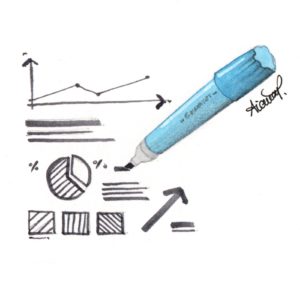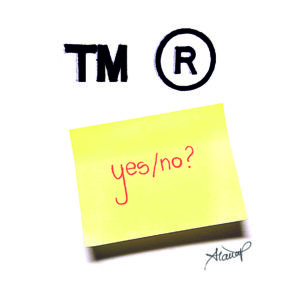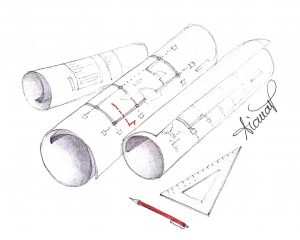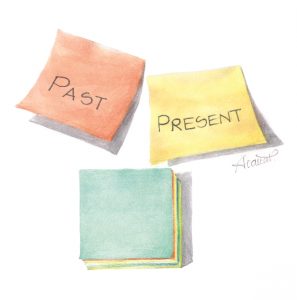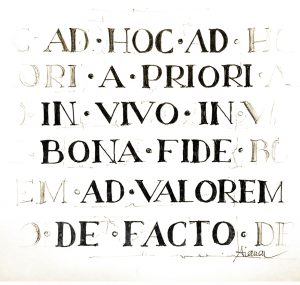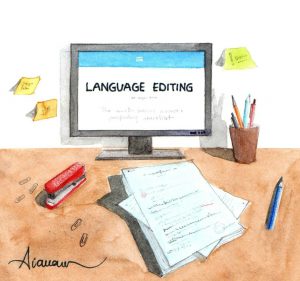The noun impact has replaced the noun effect in many types of writing, especially in business and web writing. Forceful and charismatic, impact is the life of the party; effect is the shy noun in the corner. It’s no surprise impact has been driving effect out of the academic writing scene.
Those who care about the impact vs. effect difference may wonder, May I use impact as a synonym for effect in academic writing? Depending on context, you may. Having worked as a freelance editor and proofreader for many years, I’ve noticed that many economists and social scientists prefer to study impacts, not effects. But should you use impact when you mean effect in academic writing? Here’s some information to help you decide. Read More


